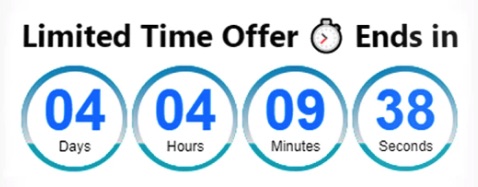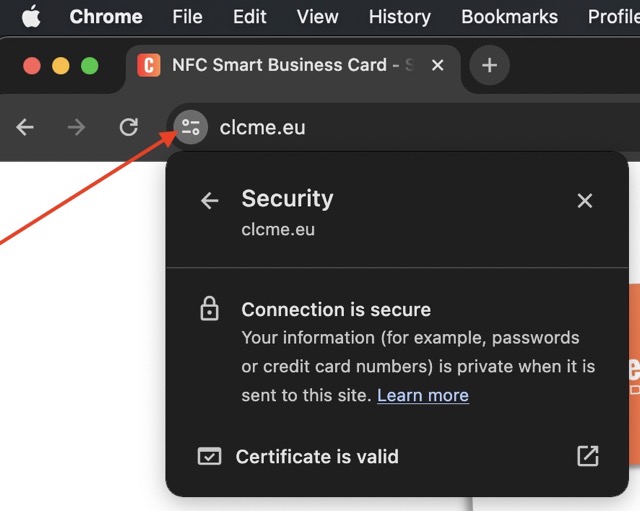
Christmas is approaching, and with it, we are inundated with offers from online stores. However, with the spread of online shopping, more and more scammers have appeared on the internet. They typically try to entice us with very tempting offers. For example, a room furniture with a real value of 2000 euros, but they claim you can now get it for a discounted price of 400 dollars.
Of course, they achieve their goal, and the casual shopper is already deprived of a significant amount. But what can we do to counter fake shopping? What signs indicate that a website is not secure?
Let's take a look:
Online shops often use psychological tricks to influence users in decision-making. One of these is scarcity, like "Only 3 items left!", "8 people are viewing this product right now!" or "The sale is available for 23 hours 59 minutes!" It is reasonable to question the ethics of these methods and how truthful the claims are. After buying 10 items, there likely will still be exactly 3 left, and the same 8 people will be viewing it three days later during the newly started 23 hours 59 minutes countdown. Such cases should raise suspicions, prompting us to be more cautious. Regulatory authorities take such abuses seriously. Nevertheless, this alone is not a reason not to shop on a given site if we are sure that the offer suits us.

The security classification of a website can be determined from the address bar. If the URL begins with http:// instead of https:// be cautious and do not provide personal or credit card information. The 'S' after HTTP stands for "Secure," indicating the data protection certification. Depending on the browser, this may be displayed differently. If you see a padlock icon before the URL, that indicates security. If not, click for more details.
Secure Website in Safari:

Secure website in Chrome:

Scammers often use freely or cheaply obtained domain names. An online store running on a domain like "dfgrei.xyz" should raise suspicion.
Look for online shops that use your country's domain extension, such as .de for Germany or .hu for Hungary. Additionally, it is common for international sellers to use international domain names like .com or .eu, which is perfectly fine.
An online store is required to provide an Impressum or Terms and Conditions, typically found in the website's footer. Scroll to the bottom of the page and find this section, ensuring it contains genuine contact information such as company name, contact details, and tax ID.
Genuine online shops often include a professional blog as part of their marketing and PR activities to be taken seriously by visitors. A fake online store won't waste time writing professional articles and likely has little to do with the topic in real life. Check for the presence of a blog section and observe the continuity of article releases in chronological order. If someone uploaded 5 AI-generated texts of general topics when creating the website, it cannot be considered as credible as a online shop that has been consistently publishing posts on current topics for years.

The same applies to social media pages. An active online medium builds a community, has its TikTok, Insta, or Facebook channel since it also communicates with potential buyers, guests, or users there. By checking these, you can quickly investigate an online store.
If the listed criteria do not help, there is probably a friend or family member in our surroundings with more experience in online shopping. Do not hesitate to forward the details of the desired product to them and ask for their opinion or, if possible, to make the purchase on our behalf. It is likely to be much easier for them.
